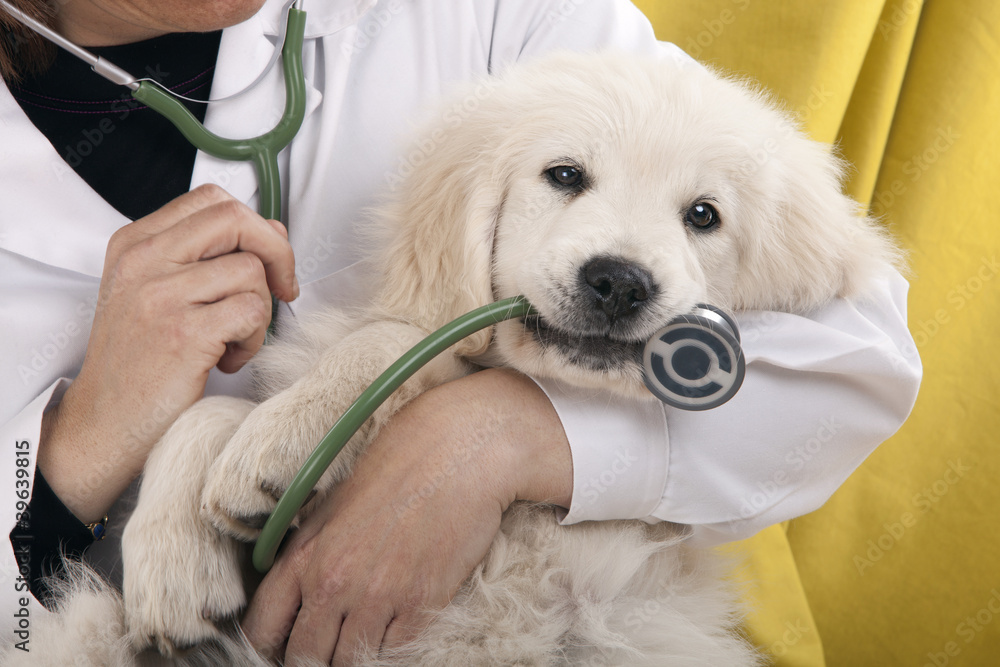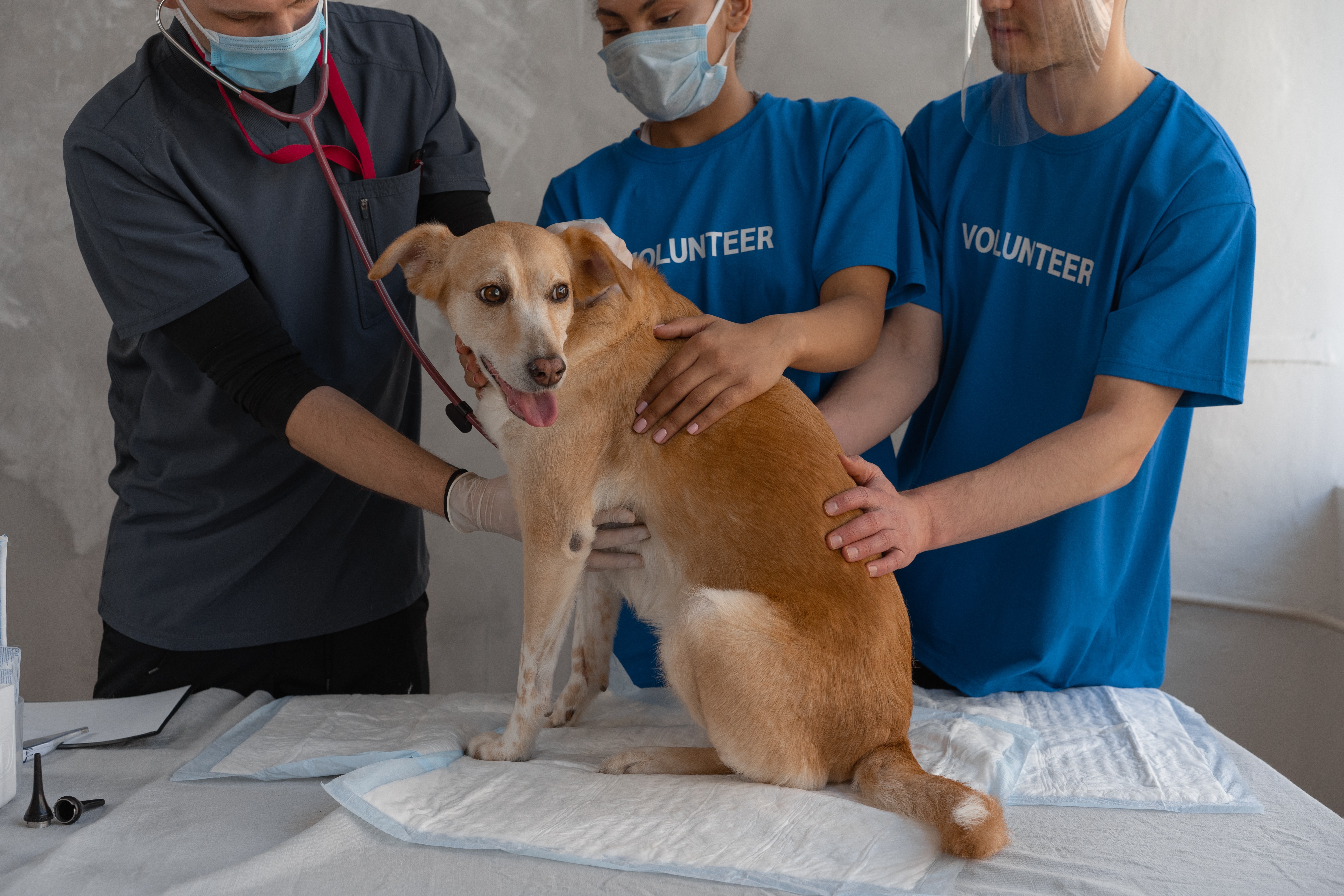Understanding Coughing in Your Furkids

Caring for our beloved pets involves being attuned to their health and recognizing potential signs of underlying issues. One significant concern is the connection between coughing, respiratory disease, and heart disease in Malaysia">Malaysia">Cats and dogs. Here's what every pet parent should know:
- Coughing: Which system to blame? The heart or respiratory?
- Pet owners: What can I do when my pet is coughing?
- The Importance of Prompt Diagnosis and Treatment
- Holistic Approach to Management
- Regular Vet Visits and Monitoring

Coughing: Which system to blame? The heart or respiratory?
Coughing in pets can be caused by issues in both the respiratory system and to some extent, the heart. Determining the underlying cause often requires a veterinary examination and diagnostic tests. Here's a breakdown:
- Respiratory System: The respiratory system consists of upper respiratory tract, (nose, nasal cavity, and pharynx) as well as lower respiratory tract (larynx, trachea, bronchi, lungs). Therefore, any infection, inflammation, or malformation along the upper and lower respiratory tracts may trigger cough. In fact, higher amounts of cough receptors are located at the upper respiratory tract.
- Cardiovascular System (Heart): Contrary to what we used to believe, heart diseases may or may not cause coughing. A dog with a heart disease usually coughs when there is a concurrent respiratory disease. Cats with a heart disease rarely cough. In heartworm disease, inflammation and damage of lung tissues triggers severe coughing.
A thorough veterinary examination, including blood tests, heartworm antigen test, chest radiography, and other diagnostic tools, is often necessary to pinpoint the exact cause and provide appropriate treatment.

Pet owners: What can I do when my pet is coughing?
If your pet is coughing, it's essential to take action to determine the underlying cause and provide appropriate care. Here are the steps you can take when your pet is coughing:
- Keep an eye out for laboured breathing, especially after exercise or when resting.
- Notice if your pet seems more tired or weaker than usual.
- Pay attention to an increased breathing rate when your pet is sleeping or resting.
- Changes in appetite, restlessness, and unexplained weight loss might also signal a problem.
- Stay Calm: First, remain calm to help your pet stay calm too. Pets can sense when their owners are anxious, which can make the situation more stressful.
- Observe and Record: Video tape and pay attention to the nature of the cough. Note if it's dry or productive (producing mucus), whether it's occasional or persistent, and if there are any other accompanying symptoms like difficulty breathing, lethargy, or loss of appetite.
- Isolate: If you have multiple pets, consider isolating the coughing pet to prevent the potential spread of infections or irritants to other pets.
- Avoid Irritants: Keep your pet away from smoke, strong odors, or any known environmental irritants that might be aggravating the cough.
- Temperature: Ensure your pet is kept in a comfortable environment with an appropriate temperature, as extreme cold or heat can exacerbate coughing.
- Veterinary Care: Most importantly, contact your veterinarian as soon as possible. Coughing can be caused by a variety of underlying issues, and a vet can diagnose the cause and recommend appropriate treatment. Be prepared to provide details about the cough, its duration, and any other symptoms. A video of your pet coughing is self explanatory!
- Follow Vet's Advice: Once you've consulted with your veterinarian, follow their guidance for treatment, which may include medication, lifestyle adjustments, or further diagnostic tests.

The Importance of Prompt Diagnosis and Treatment
Early diagnosis allows timely treatment to reduce progressive damage to the respiratory disease. Surgery may be also considered in some brachycephalic dogs to dilate their narrowed nares or in larger dogs which have laryngeal paralysis.
Untreated respiratory diseases may inevitably result in increased lung pressure (pulmonary hypertension) and right heart failure (fluid accumulation in body cavity). Scarring of lung tissue, also known as pulmonary fibrosis, is an irreversible terminal condition which responds poorly to treatment.

Holistic Approach to Management
Your veterinarian may recommend the best treatment which suits the lifestyle of both pet and pet parent. Long-term medications with a bronchodilator and/or steroid, either given by mouth or an inhaler, are often required to reduce coughing due to airway inflammation.
Besides, weight management is often crucial to help reduce severity. Further, timely heartworm prevention, environmental control to minimise exposure to allergens and extreme changes in temperature and humidity, and feeding of a prescription diet may be also recommended by your veterinarian.

Regular Vet Visits and Monitoring
Regular veterinary visits allow your vet to track your pet's condition and make necessary treatment adjustments. As a responsible pet parent, staying attentive to changes in your pet's behavior and health and seeking professional advice when needed can make a significant difference in their well-being. Your veterinarian is your best partner in ensuring your furry friend's heart health and overall happiness.

Conclusion
In conclusion, paying attention to our pets' health is vital, especially when they start coughing. Whether it's a breathing problem or a heart issue, catching it early and getting help from your vet is really important. By doing these things and talking to your vet, you can make sure your furry friends stay healthy and happy.










%20(3).png)







